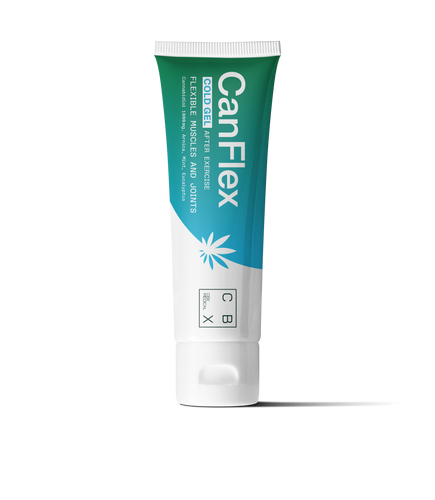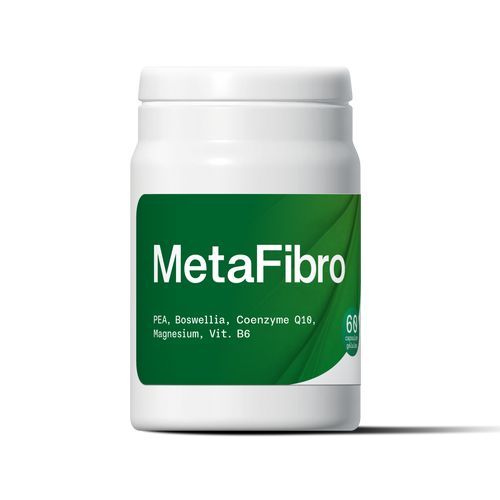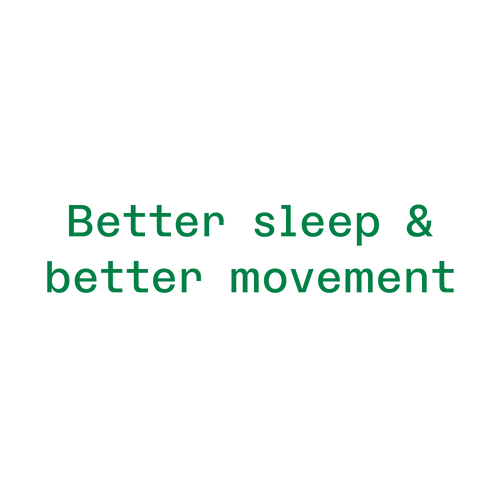Is Cannabidiol (CBD) psychoactive?
First, let's explain exactly what CBD is. CBD, first discovered in the 1940s, is one of the main cannabinoids found in the cannabis plant, regardless of its variety. It shares the same basic but unique terpenophenolic structure as other cannabinoids (e.g. THC). It has been shown to have great potential medically, such as the ability to improve mood disorders, psychiatric disorders and perhaps most famously stopping epileptic seizures.
Since the Farm Bill was signed into law in the United States in 2018, the CBD trade and research has exploded. Currently, there is an entire industry pushing the idea that CBD is a beneficial, non-psychoactive component found in the cannabis plant – an idea that is sometimes repeated and supported in the medical literature.
However, is this true? Let’s define what psychoactive means. A common definition of psychoactive is "a drug or other substance that affects brain function and causes changes in mood, consciousness, thoughts, feelings, or behavior."
Let us consider some recent discoveries of CBD to elucidate its classification as psychoactive or not.
CBD and epilepsy
Evidence of the beneficial effects of CBD for people with epilepsy has existed since around 1980. In one famous study, patients received either their standard anti-epileptic medication or their anti-epileptic medication co-administered with CBD. Of those in the CBD group, 75% saw their symptoms improve and 50% experienced no seizures during the study.
In a more recent study, similar results were found in people with drug-resistant childhood epilepsy. For 12 weeks, CBD combined with a standard epilepsy medication resulted in a reduction in monthly seizures by 36.5%.

CBD and Parkinson's disease
Perhaps the most striking effect of CBD is on people with Parkinson's disease (PD). One study found that co-administration of CBD with L-dopa (a standard PD medication) was associated with significant improvements in typical Parkinson's symptoms and sleep disturbances compared to administration of L-dopa alone . However, no cognitive improvement was noted. Other similar studies have found improvements in PD-related sleep disturbances and quality of life assessments in these populations.
CBD and anxiety disorders
CBD has often been touted as a way to naturally relieve anxiety, something that appears to be supported by the literature. Researchers took people with social anxiety disorder (SAD) and exposed them to anxiety-inducing situations. Half received CBD while the other half were not exposed. Researchers identified a concomitant decrease in self-rated anxiety associated with altered brain oxygen consumption in key regions. In a similar study, researchers found that giving people CBD before an event reduced their (self-rated) anxiety and increased performance in both people with SAD and those without these problems.

Conclusion
According to these results, CBD has beneficial effects on epileptic diseases, Parkinson's disease and anxiety disorders . So this would seem to indicate that it is psychoactive because all three of the aforementioned conditions are linked to the brain. So why is there a ubiquitous claim that CBD is not psychoactive? Probably, it has to do with semantics and the common comparison of CBD and tetrahydrocannabinol (THC) . Unlike THC, CBD will not give users a buzz, a high, or alter their perception. But, as previously demonstrated, there is no doubt whether CBD is psychoactive or not.
References
Elsaid, S., Kloiber, S., & Le Foll, B. (2019). Effects of cannabidiol (CBD) in neuropsychiatric disorders: Areview of pre-clinical and clinical findings. Progress in Molecular Biology and Translational Science, 167.25-67
Li, H., Liu, Y., Tian, D., Tian, L., Ju, X., Qi, L., Wang, Y., & Liang, C. (2020). Overview of cannabidiol (BD) and its analogues: Structures, biological activities, and neuroprotective mechanisms in epilepsy and Alzheimer's disease. European Journal of Medicinal Chemistry, 192




